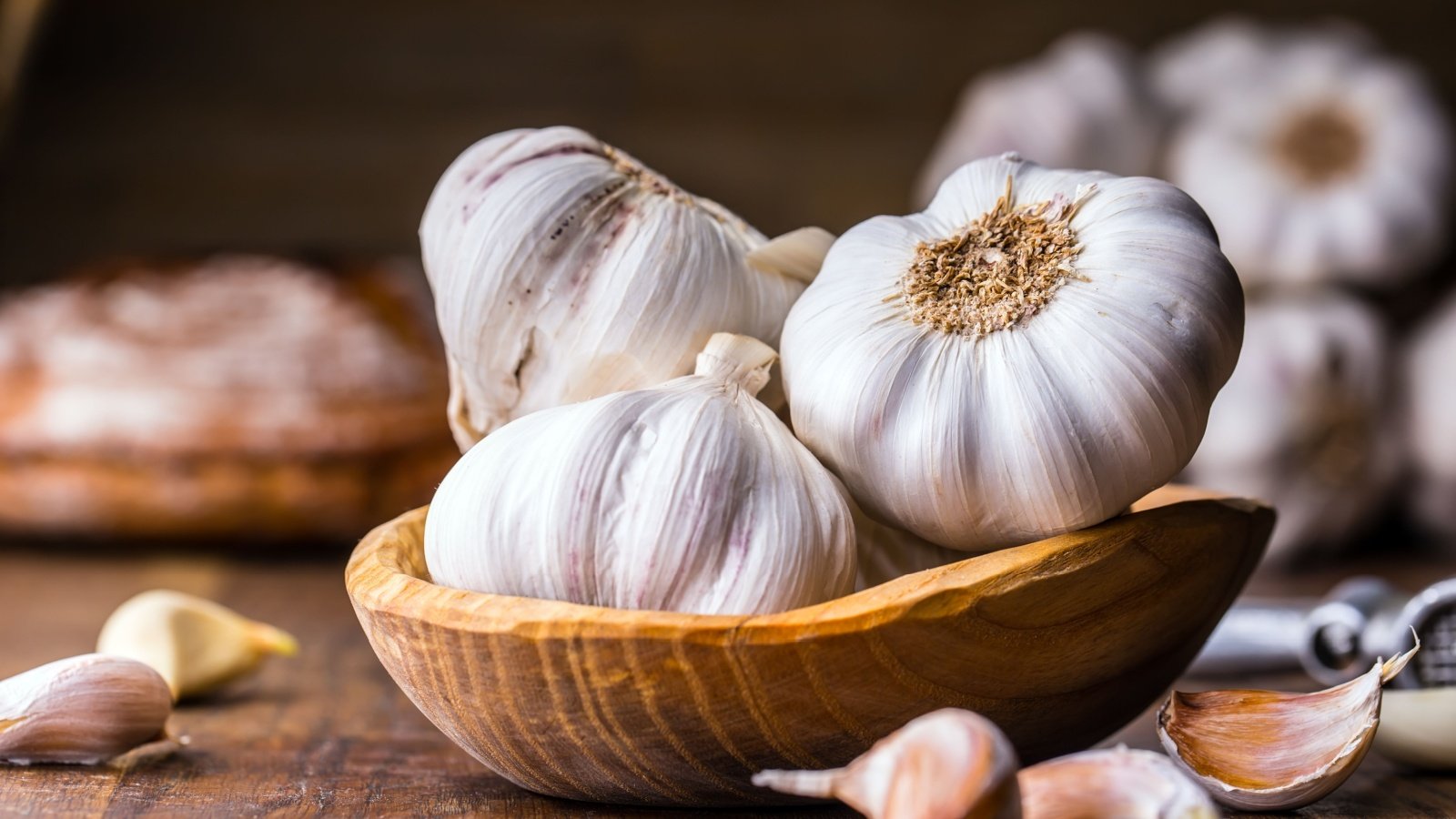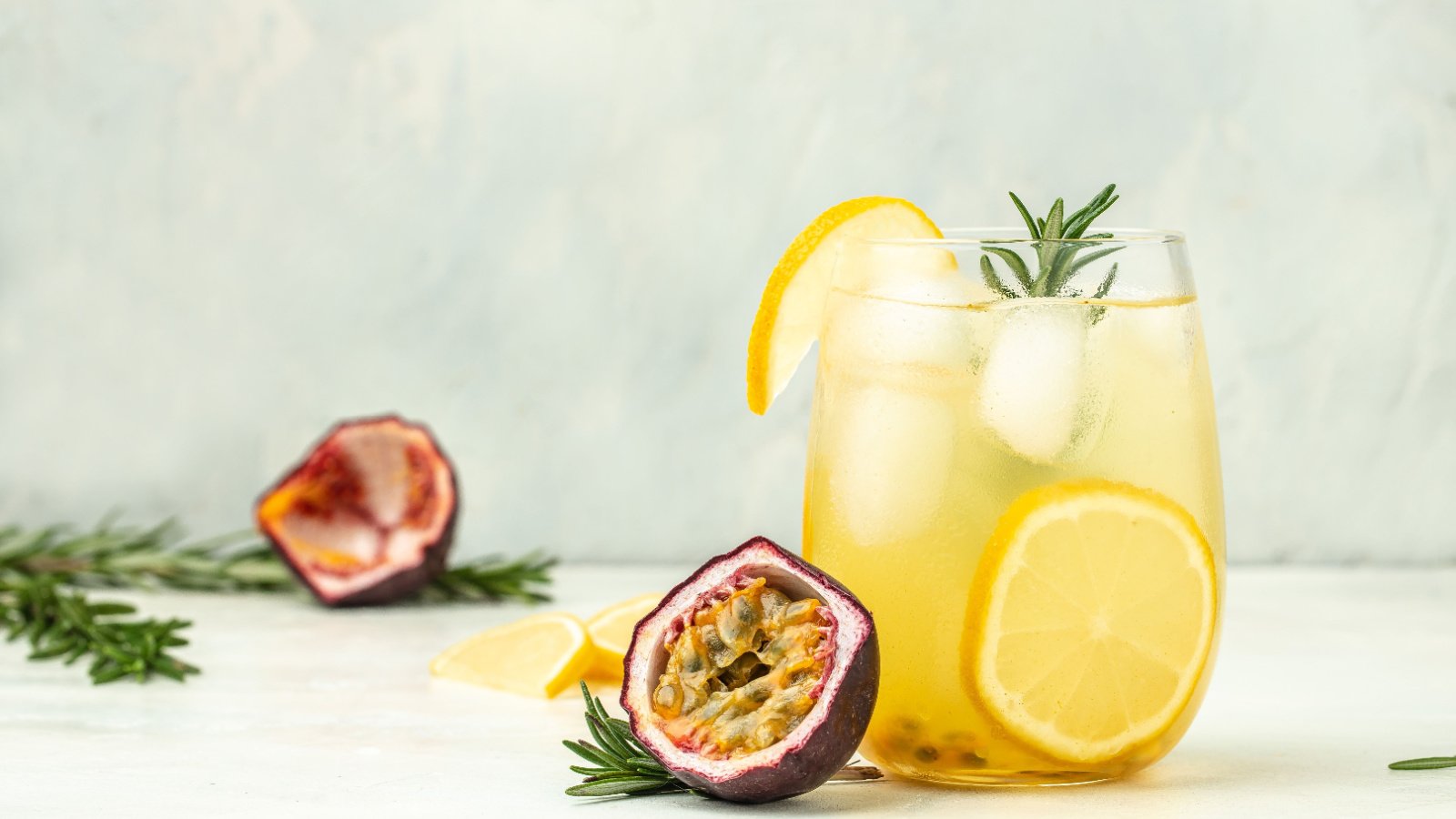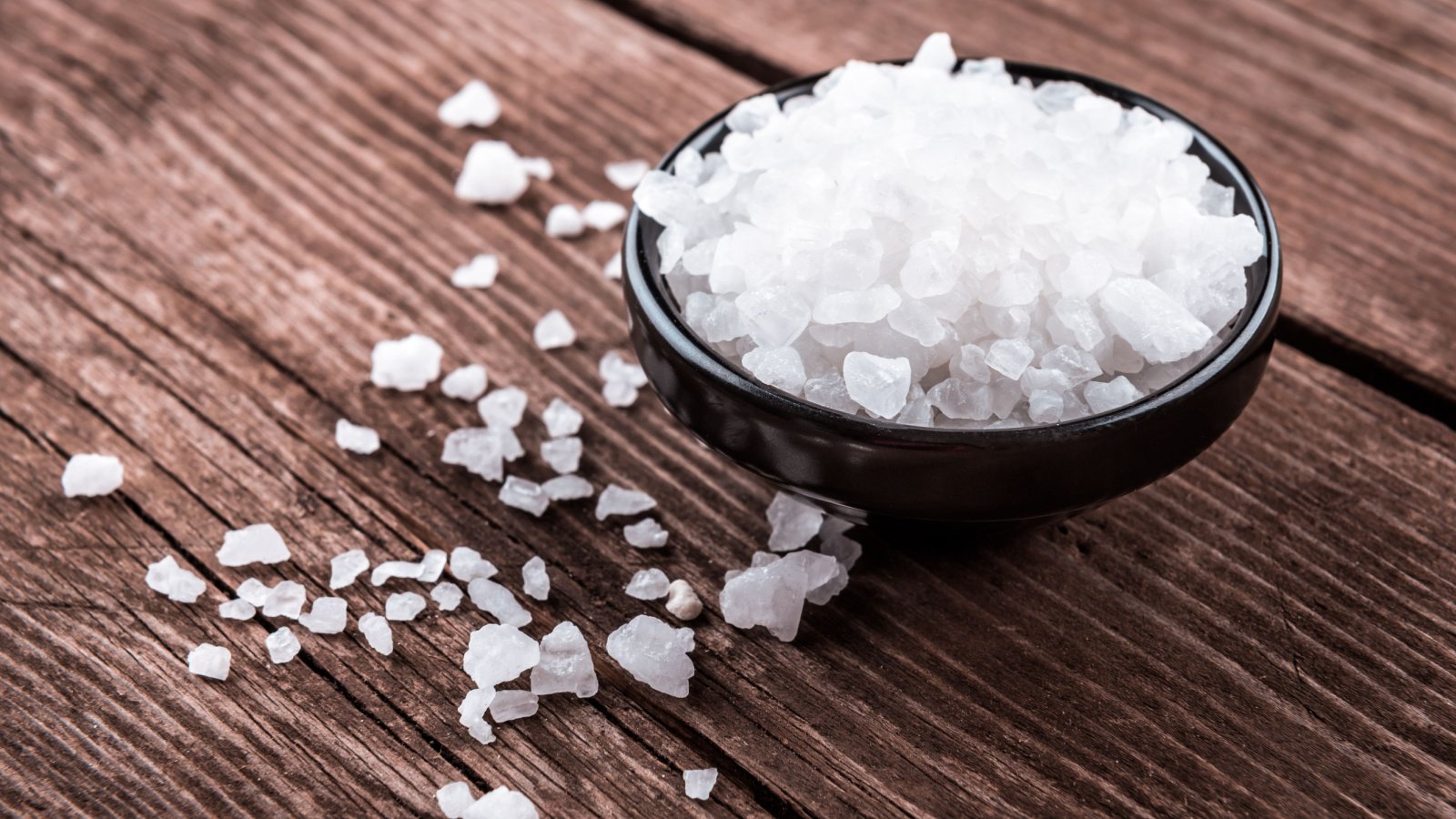Keeping our pets safe involves more than just regular vet visits and nutritious food. Many everyday household items, seemingly harmless to humans, can pose significant dangers to our furry friends. Some pets investigate and innocently consume these items because of their interesting smell or texture despite their unappealing taste.
Understanding these hidden threats is crucial for preventing accidents and ensuring a healthy environment for pets, so let’s examine the most common yet harmful household items that can be surprisingly toxic to pets.
Chocolate

Chocolate contains theobromine, which is toxic to dogs and cats. Even small amounts can cause vomiting, diarrhea, and more severe symptoms like seizures. Dark chocolate and baking chocolate are particularly dangerous due to their higher theobromine content.
Grapes and Raisins

Grapes and raisins can cause acute kidney failure in dogs. Even a small number of grapes or raisins can be harmful and potentially fatal. Symptoms include vomiting, lethargy, and decreased appetite.
Onions and Garlic

Onions and garlic, whether raw, cooked, or powdered, can damage pets’ red blood cells. This can lead to anemia, which is characterized by weakness, vomiting, and breathing problems. Cats and dogs are particularly susceptible to this toxicity.
Xylitol

Xylitol, a sugar substitute found in many sugar-free products, is extremely toxic to dogs. It can cause a rapid release of insulin, leading to hypoglycemia, seizures, and liver failure. Even small amounts of xylitol can be dangerous.
Household Cleaners

Common household cleaners, such as bleach and ammonia, can be harmful if ingested by pets. These substances can cause vomiting, diarrhea, and chemical burns in the mouth and throat. Always store cleaners securely and out of reach of pets.
Human Medications

Many human medications, including painkillers, antidepressants, and cold medicines, can be toxic to pets. Even a single pill can cause severe health issues. Always keep medications in child-proof containers and away from pets.
Lilies

Lilies are extremely toxic to cats, causing kidney failure even if a small amount is ingested. Symptoms include vomiting, lethargy, and loss of appetite. All parts of the lily plant, including the petals, leaves, and pollen, are dangerous.
Alcohol

Alcohol can cause severe liver and brain damage in pets. Even small amounts of alcoholic beverages or food containing alcohol can lead to vomiting, diarrhea, and central nervous system depression. In severe cases, it can cause coma or death.
Caffeine

Caffeine is found in coffee, tea, and many sodas and can be harmful to pets. It can cause restlessness, rapid breathing, heart palpitations, and muscle tremors. In severe cases, it can lead to seizures and death.
Avocado

Avocado contains persin, which can be toxic to dogs, cats, and birds. It can cause vomiting and diarrhea in dogs, respiratory distress, and fluid accumulation around the heart in birds. Always keep avocados and guacamole away from pets.
Raw Dough

Raw dough containing yeast can expand in a pet’s stomach, causing bloating and discomfort. The fermentation process also produces alcohol, which can lead to alcohol poisoning. Symptoms include vomiting, disorientation, and severe abdominal pain.
Pesticides

Pesticides and rodenticides contain chemicals that can be fatal to pets if ingested. Symptoms of poisoning include vomiting, seizures, and difficulty breathing. Store these products securely and use pet-safe alternatives whenever possible.
Essential Oils

Many essential oils, such as tea tree oil and eucalyptus oil, are toxic to pets. They can cause vomiting, central nervous system depression, and even liver damage if ingested or applied to the skin. Always consult a vet before using essential oils around pets.
Macadamia Nuts

Macadamia nuts can cause weakness, vomiting, and tremors in dogs. Even small amounts can be toxic and lead to significant health issues. Symptoms typically appear within 12 hours of ingestion and can last up to 48 hours.
Batteries

Batteries can cause severe burns in a pet’s mouth, esophagus, and stomach if chewed or ingested. The chemicals inside batteries are highly corrosive and can lead to serious internal injuries. Keep batteries out of reach and properly dispose of old ones.
Raw Meat and Bones

Raw meat and bones can carry harmful bacteria like Salmonella and E. coli, which can infect pets. Bones can also splinter and cause blockages or tears in a pet’s digestive system. Always cook meat thoroughly and avoid giving pets bones as treats.
Plants

Many common household plants, such as philodendrons and pothos, are toxic to pets. They can cause vomiting, diarrhea, and oral irritation. Research plant toxicity before bringing new plants into your home.
Salt

Excessive salt intake can lead to sodium ion poisoning in pets. Symptoms include vomiting, diarrhea, tremors, and seizures. In severe cases, it can be fatal, so avoid giving pets salty foods and ensure they have access to fresh water.
Moldy Food

Moldy food can contain mycotoxins, which are highly toxic to pets. Ingesting moldy food can cause tremors, seizures, and liver damage. Always dispose of spoiled food properly and keep garbage bins secured.
Nutmeg

Nutmeg contains myristicin, which can cause hallucinations and severe gastrointestinal upset in pets. Symptoms include disorientation, increased heart rate, and seizures. Keep baked goods containing nutmeg away from pets and store spices securely.
Antifreeze

Antifreeze contains ethylene glycol, which has a sweet taste that attracts pets. Ingesting even a small amount can cause kidney failure and death. Symptoms include vomiting, lethargy, and increased thirst and urination.








